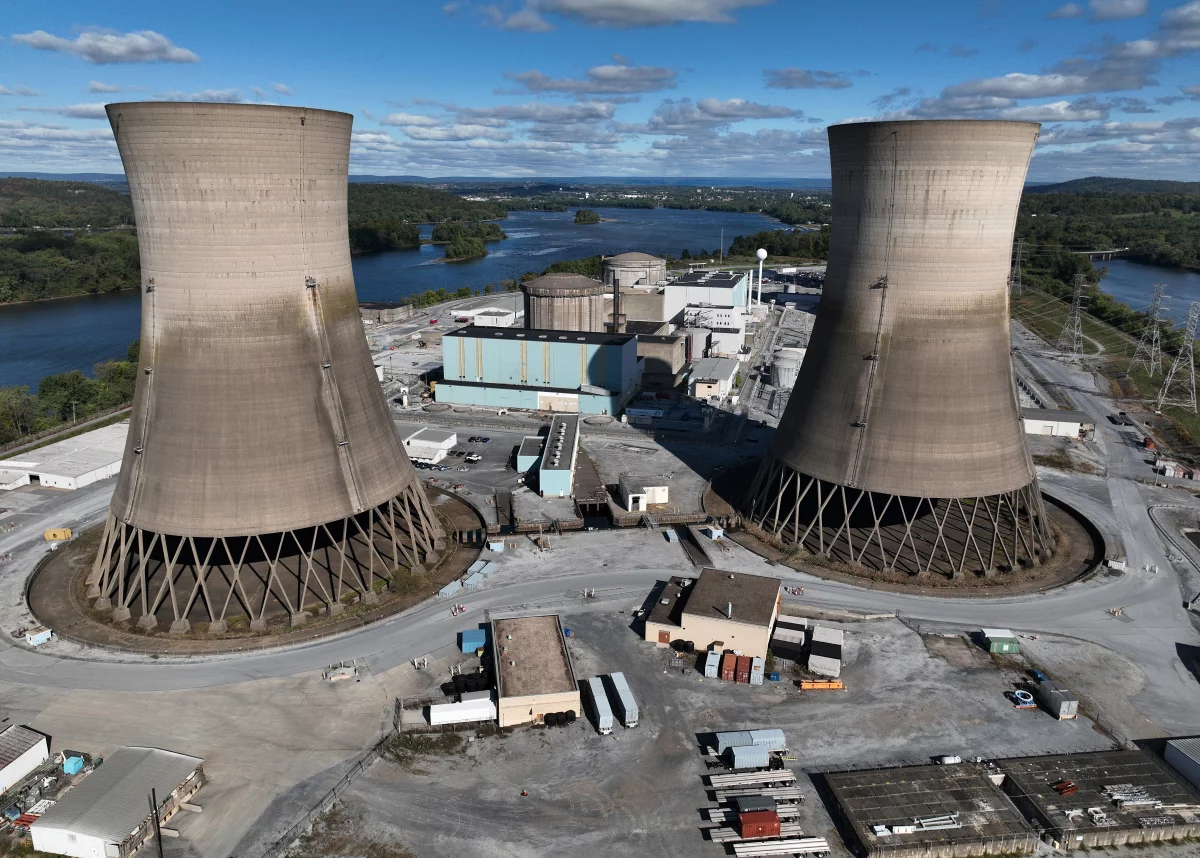In an unprecedented move, the Trump administration has tightened its grip on the Nuclear Regulatory Commission (NRC), the independent agency responsible for ensuring the safety of America’s nuclear reactors. As of recently, all new rules regarding reactor safety must be reviewed and potentially edited by the White House before being implemented. This radical departure from the NRC’s historical autonomy is a stark reminder that no institution is truly immune to political influence.
The changes were finalized months ago but have only recently taken effect. According to two U.S. officials who wished to remain anonymous due to fear of retribution, the new procedures are part of a broader effort to erode the NRC’s independence. The agency must now send its proposed rules to the White House for review, where they may be altered or delayed.
The implications of this shift in power dynamics are far-reaching and concerning. Allison Macfarlane, former Chair of the NRC under President Obama, believes that the loss of independence will put Americans at greater risk of nuclear accidents. “If you aren’t independent of political and industry influence, then you are at risk of an accident, frankly,” she said.
The draft executive order, which has been circulating in Washington, reveals a more comprehensive plan to reshape the NRC. The order calls for reducing the agency’s staff, conducting a wholesale revision of its regulations in coordination with the White House and Elon Musk’s Department of Government Efficiency (DOGE), shortening the time it takes to review reactor designs, and possibly loosening strict standards for radiation exposure.
Critics argue that these changes will compromise the NRC’s ability to ensure public safety. “To have political appointees meddling in these technical decisions is just a recipe for confusion and chaos,” said Edwin Lyman, a nuclear physicist at the Union of Concerned Scientists.
The draft order also suggests a fundamental shift in how radiation safety standards are set. The Linear No Threshold standard, which assumes that even low levels of radiation can cause harm, may be repealed or revised. This could lead to increased exposure limits for both workers and the general public.
While some argue that revising these standards is a necessary step towards progress, others believe that it would compromise the well-being of Americans. “The current standards are accepted science,” said Macfarlane. “If they were removed, there probably ‘would be political pressure to push up the exposure limitations’.”
As the debate over the NRC’s future continues, one thing is clear: the agency’s independence and effectiveness as a watchdog are under threat. The consequences of this erosion could be far-reaching, with potentially devastating effects on public safety and the nuclear industry as a whole.
A Call to Action
The fate of the Nuclear Regulatory Commission hangs in the balance. As we navigate these uncertain times, it is crucial that we remember the importance of independent oversight in ensuring the safety of our communities. The NRC’s autonomy must be preserved, lest we risk compromising the very principles that have guided nuclear regulation for decades.
Will you join us in demanding accountability from those who would seek to erode the NRC’s independence? Together, we can safeguard the future of nuclear power and protect the well-being of Americans everywhere.
Sourced from https://www.npr.org/
